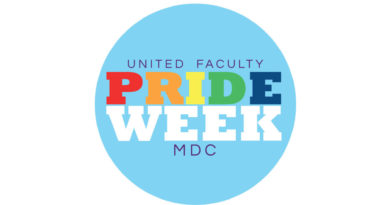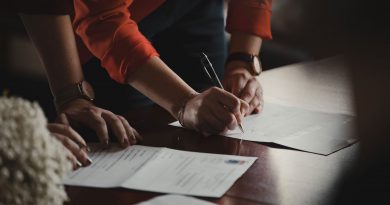Religious Liberty In Wedding Cakes
On June 26, the Supreme Court announced they would be presiding over a case concerning a Christian baker in Colorado who refused to bake a wedding cake for a gay couple. The owner of Masterpiece Cakeshop, Jack Phillips, told Charlie Craig and David Mullins that he’d be happy to sell them anything else except a wedding cake because it would go against his religious beliefs.
On May 30 2014, the Colorado Civil Rights Commission confirmed that the couple was discriminated against.
The baker, who views himself as an artist and baking as his art, argues that the anti-discrimination law of Colorado (which forbids anyone from discriminating based on race, ethnicity, sexual orientation and more) violates his first amendment right of free expression and religious freedom.
It was reported by the couple that the cake they requested showed no sign of their sexual orientation, so I personally don’t see how baking the cake should have offended his principles. The court that ruled on the case echoed my sentiments with its ruling.
“Masterpiece does not convey a message supporting same sex marriages merely by abiding the law and serving its customers equally,” the court said.
In a Supreme Court brief, Phillips’ lawyer argued that the couple could have simply gone somewhere else to procure their wedding cake. They reportedly did, and free of charge after the bakery heard what had happened to them with the aforementioned Phillips.
The couple’s attorney responded: “It is no answer to say that Mullins and Craig could shop somewhere else for their wedding cake, just as it was no answer in 1966 to say that African American customers could eat at another restaurant.”
In my opinion, the Supreme Court’s ruling will end up being based off of precedent. In the 1964 case of Katzenbach v. McClung, the court forbade racial discrimination in restaurants because it was considered a burden to interstate commerce. In 1946, during the Morgan v. Virginia case, the Supreme Court deemed that a Virginia law that required segregation on commercial interstate buses was also unconstitutional since it impeded the smooth running of interstate commerce.
In this situation, with the religious liberty of the self-purported artistic baker, I feel that the same rationale should be applied seeing as denying the couple their right to purchase goods in their local economy interferes with the commerce clause of the United States Constitution just as in the previously mentioned cases. Close attention should be paid to the developments of the case in the coming months seeing as it will be a landmark case for the rights of the LGBTQ community.



